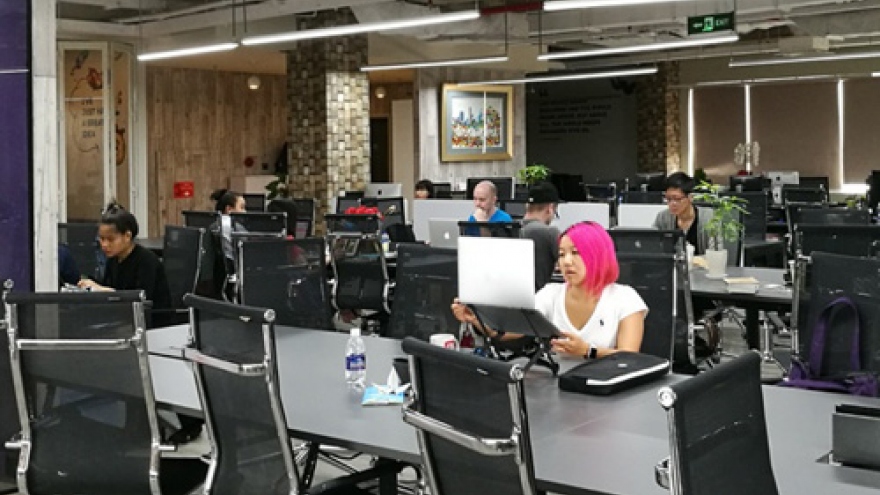What do Vietnamese startups need to succeed?
Vietnam still lacks a complete ecosystem for startups to develop successfully, analysts say.
While the governments of Thailand and Indonesia have shown they will open the finance market to attract foreign investment in technology startups, Vietnam is still busy thinking about solutions to support startups.
The government of Thailand has decided that the country would have at least 10,000 startups from now to 2018, laying down policies on tax incentives and setting up a fund to develop the digital economy worth 10 billion baht.
 |
In Vietnam, in early June 2016, speaking at a workshop on the development of a capital market for startups, Deputy Prime Minister Vuong Dinh Hue mentioned the establishment of a stock market specifically reserved for domestic startups.
The government has assigned the State Securities Commission to develop the idea, which has raised controversy.
Some experts said that it would be more useful to create effective policies to support startups rather than set up a stock exchange.
Nguyen Manh Dung, chief representative of CyberAgent Ventures in charge of Vietnam and Thailand, said foreign funds still can invest in Vietnamese startups.
The problem is that few domestic investors understand and have confidence to invest in businesses. This won’t help make the market even if Vietnam opens more trading floors.
According to Dung, what both investors and startups need is more open and flexible investment policies and removal of unnecessary sub-licenses.
Vietnam still lacks basic factors for an ecosystem for startups. However, the latest study by ASEAN Business Outlook Survey (BOS) showed that Vietnam has good conditions for startups to develop, including a young population, high popularity of internet and the high capability of IT workers.
However, will Vietnam, surrounded by legal barriers, be attractive once other regional countries open their finance markets to attract investors?
Pham Duy Hieu, CEO of Startup Vietnam Foundation, thinks the attractiveness of startup projects depends on the ‘maturity of ideas’.
“In a flat world, the global resources will head towards the places where there are opportunities,” he said.




